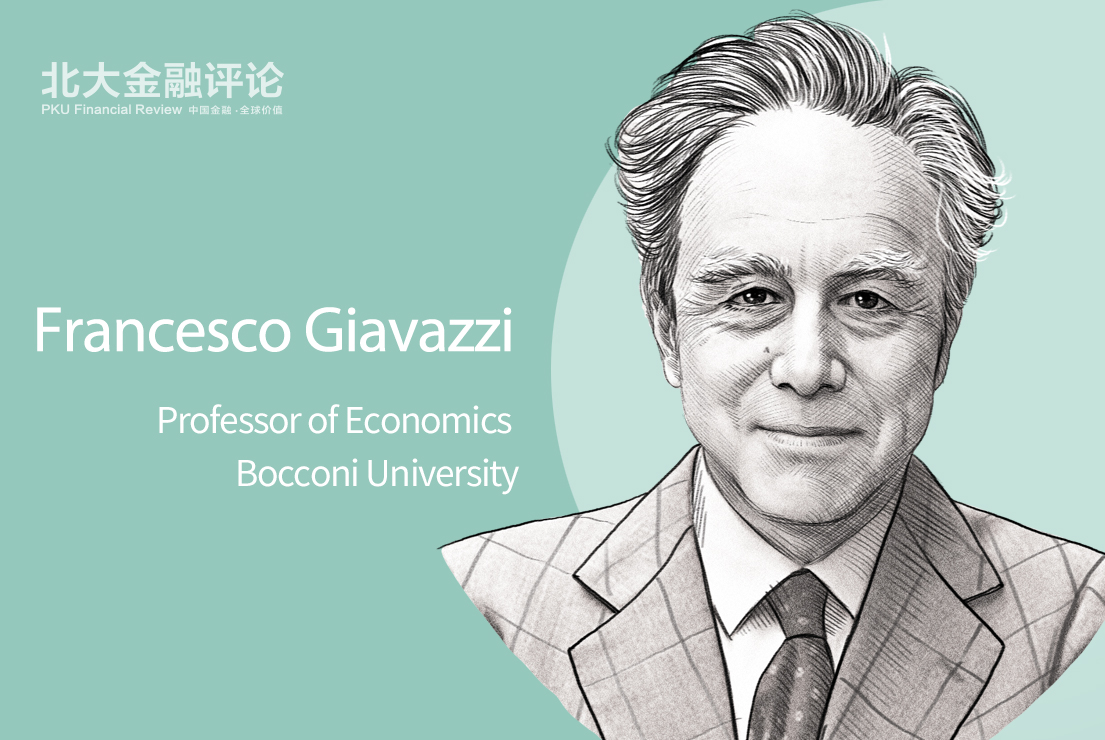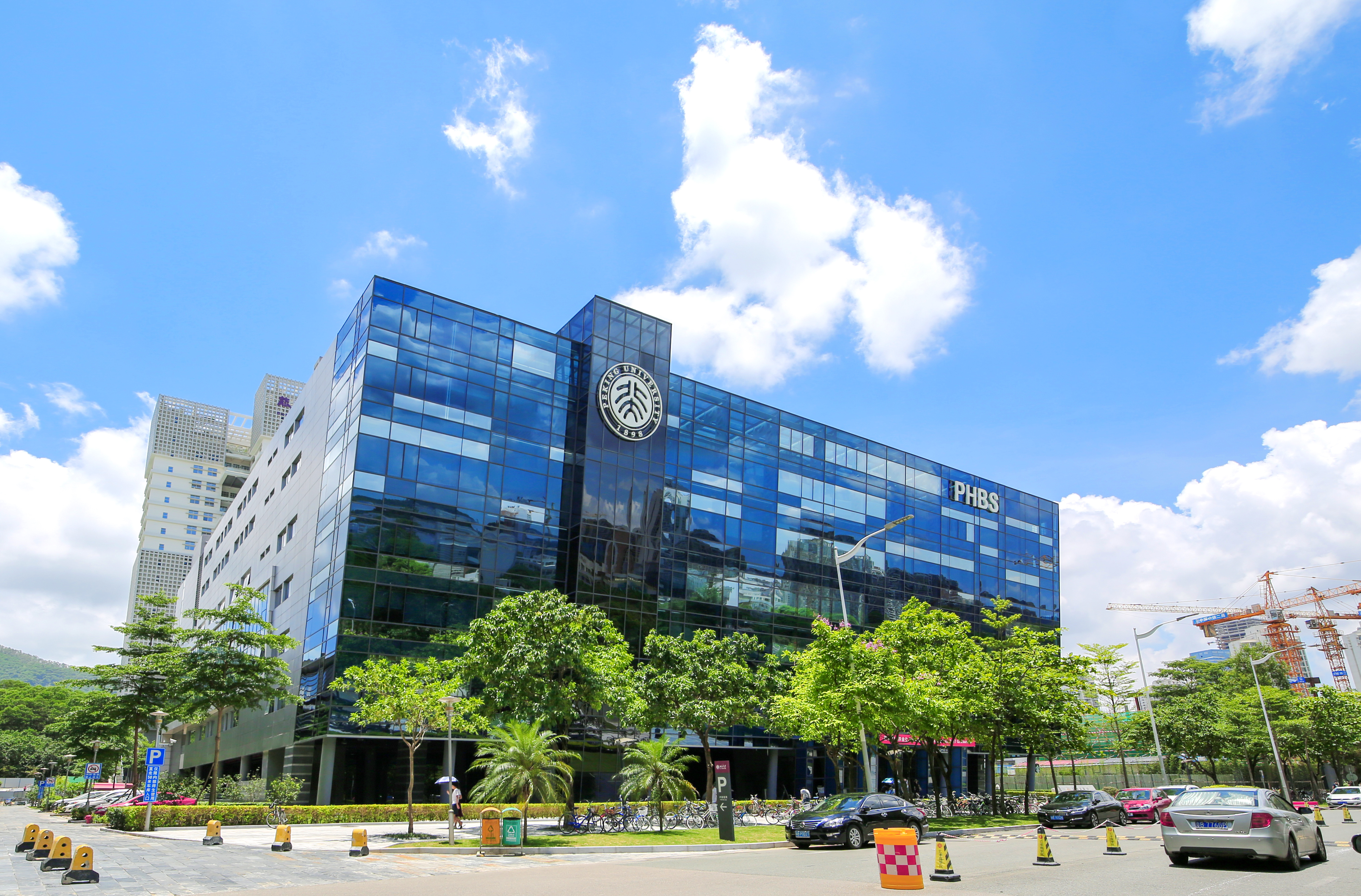Francesco Giavazzi is Professor of Economics at Bocconi University. He is also is a famous Italian economist. In the interview with
PKU Financial Review, Professor Giavazzi states that, before using deficits to speed up the economy, the government should ask how much space there is before you hit the natural rate.
 PKU Financial Review: Your paper "What do we know about the effects of Austerity?" is a very influential paper, and we think it is correct. If a country encounters fiscal deficits and inflation, short-term spending cuts are necessary. What do you think of the US approach? It seems that they are constantly increasing fiscal spending but are unwilling to control the deficit. Do you think the Federal Reserve has effectively controlled inflation through this round of substantial and consecutive interest rate hikes?
Francesco Giavazzi:
PKU Financial Review: Your paper "What do we know about the effects of Austerity?" is a very influential paper, and we think it is correct. If a country encounters fiscal deficits and inflation, short-term spending cuts are necessary. What do you think of the US approach? It seems that they are constantly increasing fiscal spending but are unwilling to control the deficit. Do you think the Federal Reserve has effectively controlled inflation through this round of substantial and consecutive interest rate hikes?
Francesco Giavazzi: The recent episode of inflation in the US originated from excess demand, induced by a large increase in public spending in an economy that was already close to full employment. The mistake was mostly due to uncertainty about the level of the natural rate of unemployment and thus about how much the labor market could recover. The memory of the Great Recession -- when some, like Paul Krugman think that during the recovery public spending did not do enough to push unemployment to the new level of the natural rate which had fallen below the pre-crisis natural rate -- was partly responsible for this.
The Fed did a good job at eradicating inflation from the economy: It started early and acted fast.
The lesson from this episode is not that deficits are always bad. The lesson is the before using deficits to speed up the economy, the government should ask how much space there is before you hit the natural rate. Of course, this is very difficult because the natural rate changes over time and one never knows how fare the economy is from that level.
PKU Financial Review: Is inflation in Europe mainly due to external inputs, such as the surge in import prices of oil and natural gas? What do you think of the European Central Bank's rapid interest rate hikes to control inflation?
Francesco Giavazzi: Differently from the US, the recent episode of European inflation was entirely due to the increase in gas prices which followed the Russian invasion of Ukraine. Europe eventually did the right thing: it introduced a cap on gas prices and inflation rapidly fell. But to convince all EU countries to introduce a cap -- an idea first tabled by Italy's Prime Minister Mario Draghi the week after the invasion -- it took almost one year and in the meantime inflation had spread. The ECB eventually did the right thing and inflation rapidly fell. But the bank did not react as rapidly as the Fed: less delay on introducing the cap and a faster ECB response would have meant less inflation and a lower level on interest rate to stop it once it spread.
PKU Financial Review: Based on recent Fed statements, they appear to be taking a necessary pause midway through raising interest rates. Does this mean the strong dollar has come to an end? What impact will this have on bonds and capital flows in other countries around the world?
Francesco Giavazzi: Yes, I believe the fed has reached the peak and the next moves will be down. This will reverse capital flows with an effect on the dollar exchange rate.
PKU Financial Review: We would also like to know your views on China’s interest rate policy from 2021 to 2023? Do you think we need to cut interest rates significantly now to get out of deflation?
Francesco Giavazzi: I don't know enough of the PBC interest rate policy to pass judgment. What I know, and I have been arguing for 20 years since a paper I wrote around 2005, is that the Chines economy is too unbalanced: too much investment, too little consumption, and this is because chines households lack safety nets and are thus induced to save too much. Exceedingly high savings mean too much investment and the risk of hitting production bottlenecks and hence inflation.















